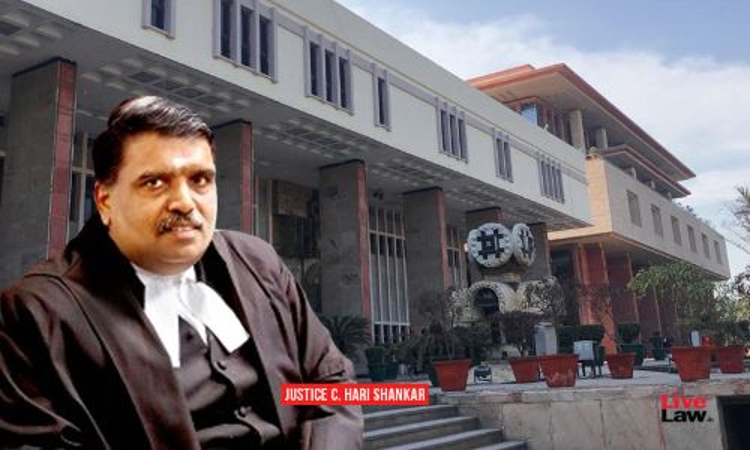Rejecting a review petition which challenged the court's interpretation of noscitur a sociis and ejusdem generis principles in a recent ruling, the Delhi High Court has said they are intended to be exception to the applicability of an expression's normal etymological connotations in the statute. Justice C. Hari Shankar said the principle of noscitur a sociis stipulates that a word is to...

